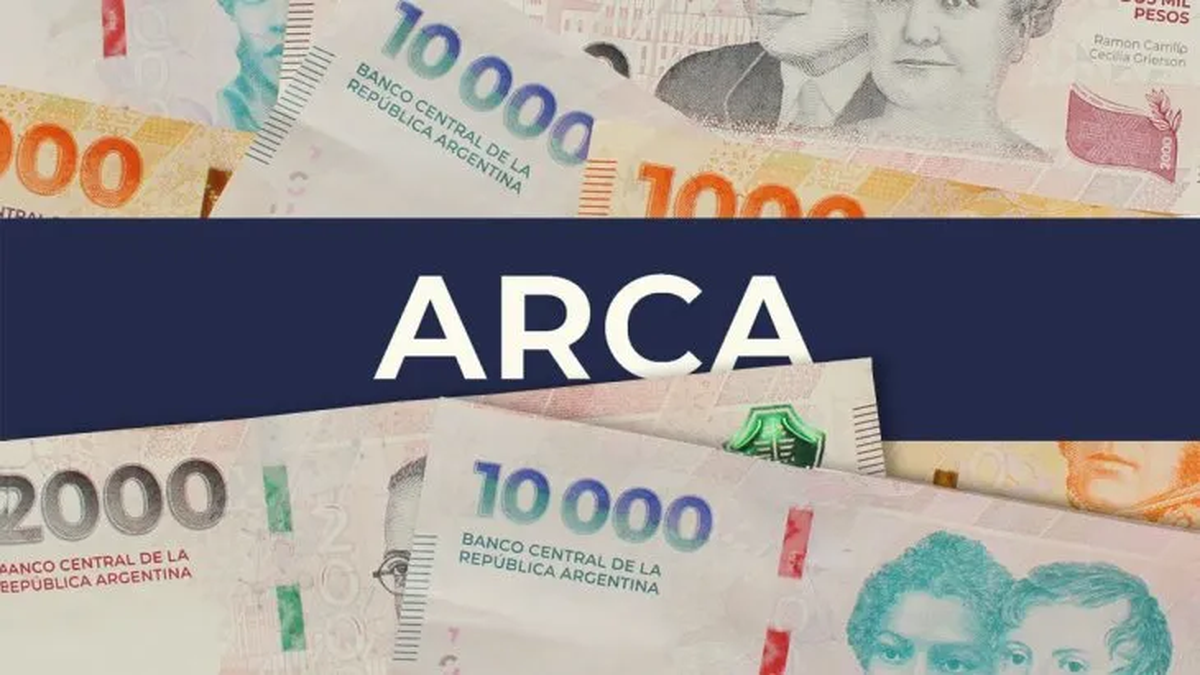The new debate point for the tax reform that the Government submit at the end of the year to be analyzed during 2026, as indicated by the agreement with the International Monetary Fund (IMF), It has to do with the speed of its implementation.
History showed so far that The gradual processes failed. ORn Example is the case of gross income tax that, if the Fiscal Pact of 2017since 2023 it would not have to be charged by the provinces. Although all the governors signed the commitment to eliminate that tax, considered The most distortive Of all, soon the aliquots increased.
Osvaldo Giordano, president of the Institute of Economic Research for Argentina and Latin American Reality (IERAL), stated that it would have to be carried out An almost automatic operation to eliminate gross income and municipal rates, for a “super vat”.
Said it in the framework of the 25th National Congress of Economic Sciences organized by the Argentine Federation of Professional Councils of Economic Sciences (FACPCE).
“With gradualism I will not be able to give a reasonable answer to the productive sectors And, in addition, history condemns us, we already wanted to do this other times, ”said Giordano.
Giordano
Osvaldo Giordano, head of the Ieral, spoke at the National Congress of Economic Sciences.
Argentina, according to the head of the Ieral, You should make an 8 -point spending adjustment if you wanted to delete gross income, stamps, export retentions and check tax. That on the 7 -point adjustment the GDP that was already done since the government of Javier Milei began.
Tax reform and debates about the future implementation
“I do not say that public spending cannot be continued, you can. Now, from a magnitude similar to what was done is impossible, at least in a relatively brief period,” he explained. And how Argentina needs to gain competitiveness for its exports almost automatically, It would not make sense for the head of the Ieral to wait for spending to fall.
Giordano said that while a company “Interact with productive sectors in different parts of the country now, you cannot expect 5 years or 10 years for this to be fixed.”
In that sense, he considered that the government has to put all your “creativity” to better charge VAT and taxes that tax the heritage to generate the resources that serve to replace what the “bad taxes” generate.
An idea that the economist slipped is charge a “super VAT”, which receives the current VAT, gross income and the safety and hygiene rates charged by the municipalities. That tax, he said, would have to remain administered by the Customs Collection and Control Agency (ARCA) that would have to distribute the proportional to the provinces.
On the other hand, the Lisiki CEO, Litvin & Abelovich, Cesar Litvin, coincided with Giordano in the need to implement the changes quickly, although he was distrustful about the effectiveness of the “super vat”. “Before there was a tax called sales that was taken to put the VAT at 13% and at the same time we had VAT and gross income, which was the same tax sales but with another name,” Litvin said.
Litvin considered that, in that case, it could be adopted A scheme similar to that in the United States, which is charged a retail sale tax, at the end of the chain.
Source: Ambito




